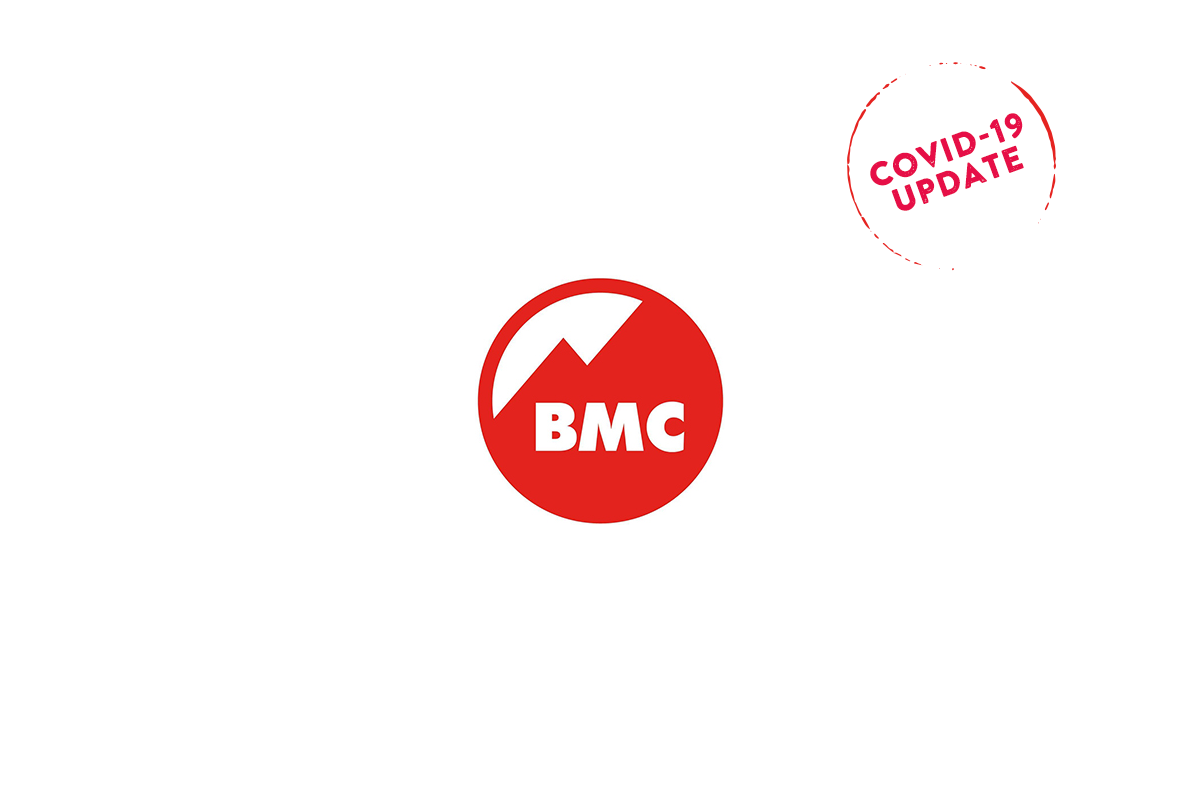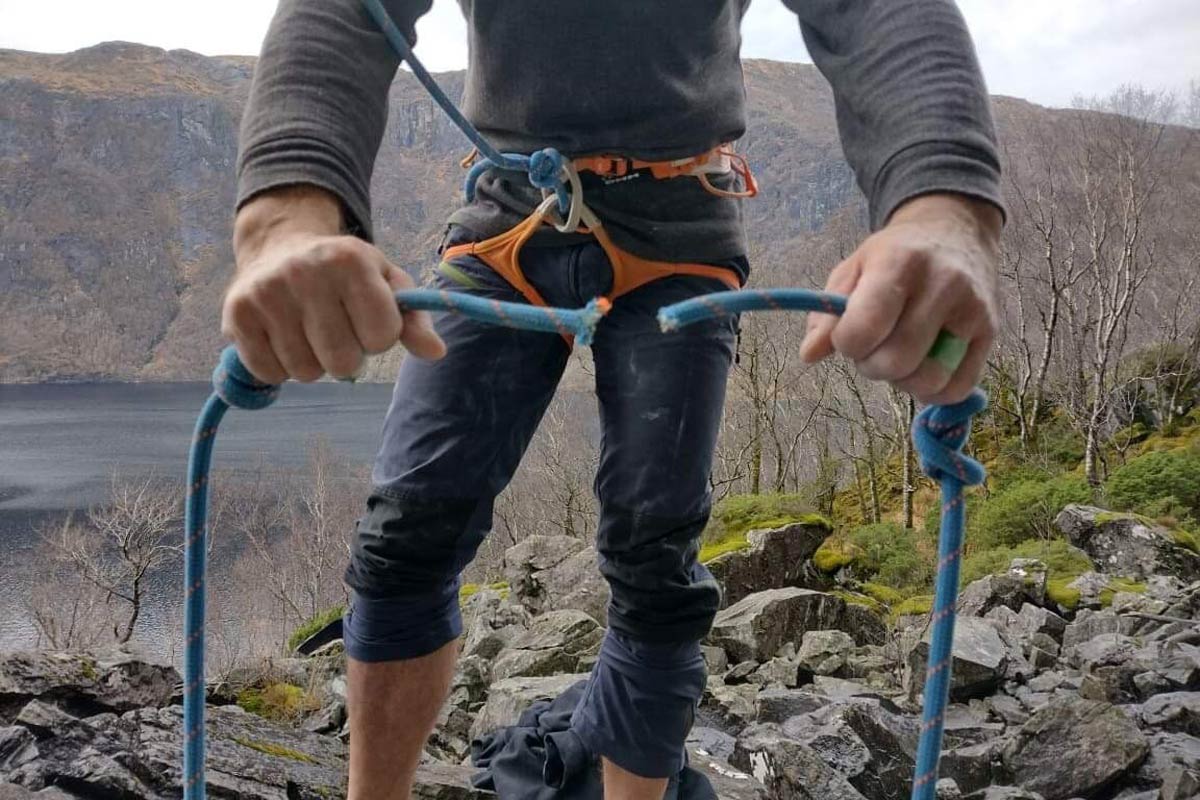The following is a statement written by the British Mountaineering Council (BMC) on 23 March.
The BMC and mountain rescue teams advise all climbers, hill walkers and mountaineers to stay in their home area and put all climbing and hill walking on hold.
Last week, the government advice was ambiguous, and over the weekend thousands of people headed to the hills, mountains and coasts of the UK.
Today, the message from the governments, mountain rescue teams, outdoor industry, local communities, police and doctors is very simple: stay local and only travel for essential purposes.
During his daily briefing on Sunday, Boris Johnson stated: “It is very important for people’s mental and physical wellbeing that they should be able to get out and exercise if they possibly can. Parks, open spaces are so absolutely crucial for our country and for our society, but when we do that we have to do it responsibly.”
However, he warned the public that they need to follow social distancing guidelines, or the Government will be forced to restrict access to more open spaces.
The BMC advice to all climbers and hill walkers is now simple: climbing and hill walking are not activities requiring essential travel. Stay local, and put your climbing and hillwalking on hold. This applies to all types of climbing and mountain activities, from bouldering to ski mountaineering
Dave Turnbull, BMC CEO, said:
“We never thought we’d be asking the outdoor community not to go climbing or hill walking, but that’s our current advice. It’s time to put it on hold.”
Elfyn Jones, BMC access officer and member of Llanberis Mountain Rescue said:
“There’s been a lot of talk about justifying why we can still climb or hill-walk safely within our capabilities and that, somehow, we can do this without affecting anyone else or impacting spread of the virus. The simple fact is – we can’t. Please stop.”
“Stay in your home area. We all owe it to everyone else to do everything we can to help stop or at least delay the spread of this disaster. Please put climbing, mountaineering and hill walking on hold until it’s safe to do so.”
Mountain rescue cover across the UK will either be withdrawn totally or drastically reduced this week as health service resources are prioritised and popular mountain areas are closed down.
British Mountain Guide and anaesthetist Jon Morgan said:
“Do everything in your power to minimise both risk and social contact. Be scrupulous about hand hygiene and spread the word. Your own personal actions may save the life of a relative or someone you know. I am writing this as an anaesthetist who will be keeping people alive with ventilators. All the signals are we will be overwhelmed like Italy. Please help out by taking this as seriously as possible.”
UKClimbing has suspended the use of its online logbooks for recording new climbs. The team there commented:
“Although the weather is finally fine, and we feel the urge to get out as much as anyone, we at UKClimbing believe that all climbing should now cease, and we will be promoting that message loud and clear.”
BMC advice for climbers and hill walkers
• Don’t travel unless it’s essential
• Don’t go climbing or hill walking
• Stay local.
• Keep a social distance of 2m
• Avoid all but essential contact with anyone
This advice is backed up by a group of 35 leading national outdoor activity, tourism, nature, health and rescue organisations, that have come together to back the Prime Minister’s call for the public to behave responsibly while exercising outside. In a joint statement, the group has offered support to the government and advice to the nation on how to stay active safely during the COVID-19 outbreak.
Andrew Denton of the Outdoor Industries Association said:
“A nation in lockdown could lead to enhanced anxiety, depression, social unrest, mental and physical ill health, and social poverty. In contrast, carefully managed local exercise, inside or outside, will provide welcome active release for individuals and families feeling trapped. Getting into the outdoors sensibly very close to our own homes now, will make it easier for all of us to sustain other official guidelines and preserve the health of the vulnerable in the longer term.”
The original article can be viewed here.



